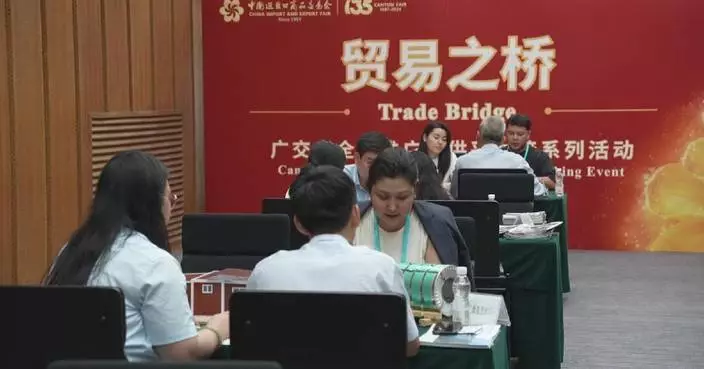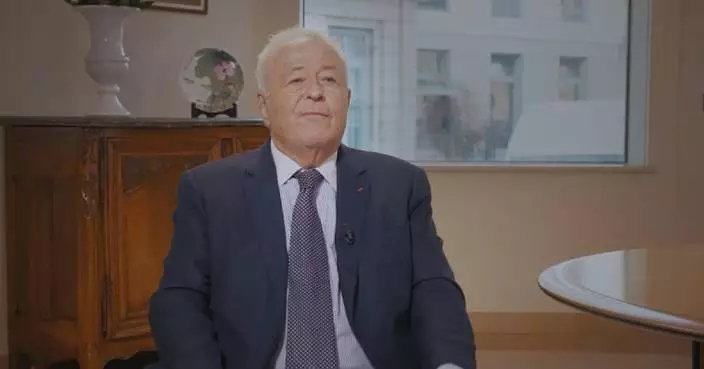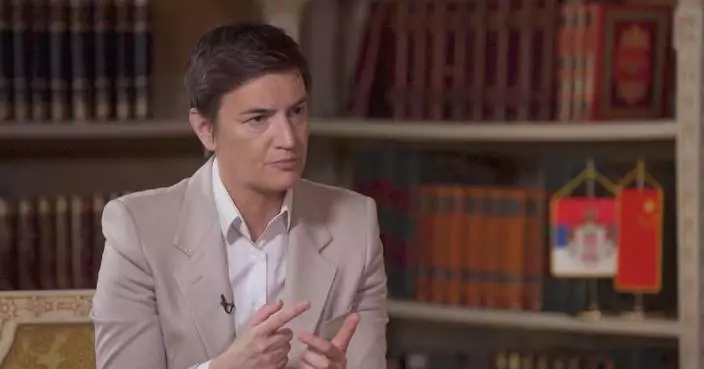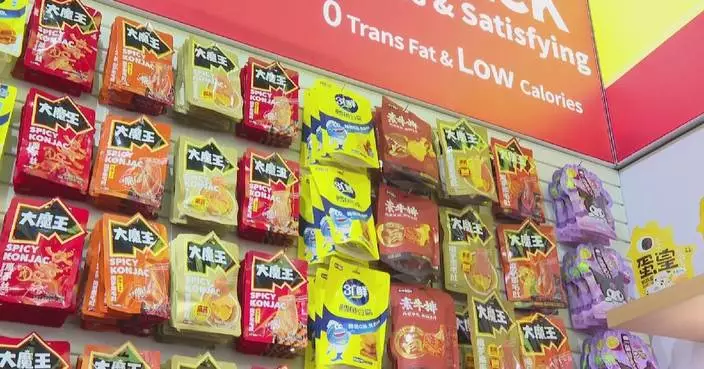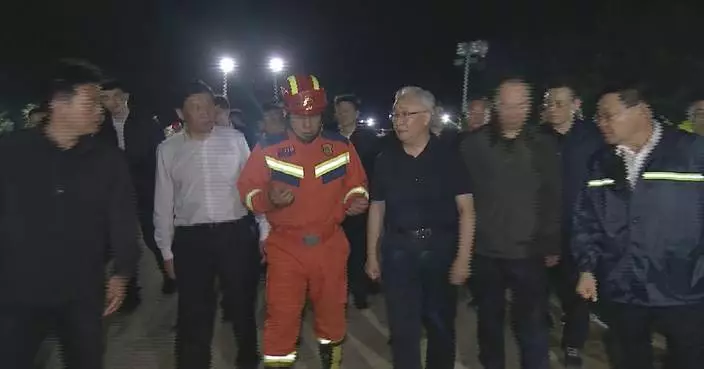A German lawmaker has accused North Atlantic Treaty Organization (NATO) of using a proxy war against Russia in Ukraine as a tool for the United States to gain geopolitical interests.
In an interview with China Central Television (CCTV) in Berlin on Sunday, Sevim Dagdelen, a member of the Bundestag, Germany's lower house of Parliament, said that the ongoing conflict between Russia and Ukraine has been fueled by NATO's expansion and continuous military support for Ukraine, which has harmed the global security.
"If the U.S. and NATO did not open their arms to Ukraine and support its NATO bid, the Russia-Ukraine conflict could have been avoided. I think the Russia-Ukraine conflict is the greatest threat to world peace by now, as it could potentially escalate," said Dagdelen.
She then noted that as the conflict prolonged, NATO has been sending more and more advanced weapons to the frontline to escalate the conflict. In Germany, there has been a growing debate about providing the Taurus cruise missile (an air-launched cruise missile with an operational range of about 500km).
"I think this is a very dangerous situation, because it heightens the risk of direct conflict between NATO and Russia as a major nuclear power. If NATO won't stop escalating the conflict and chose to ignore diplomatic and interests-balancing settlements such as giving Ukraine a neutral status, the conflict would further escalate into a larger-scale war." said Dagdelen.
Dagdelen pointed out that NATO, despite having 32 members, is primarily dominated by the U.S., who is leveraging NATO to confront Russia, forcing European nations to align with U.S. interests.
"NATO has been a geopolitical tool of the U.S. in serving the hegemonic interests of the U.S., including the proxy war against Russia in Ukraine. And the U.S. has been pushing European countries to the frontline," said Dagdelen.
In addition to the ongoing conflict between Russia and Ukraine, NATO has also intensified its military presence in the Asia-Pacific region in recent years, as it invited Japan and South Korea into its military drill and planned to open a NATO liaison office in Japan.
Dagdelen believes that NATO's intensified military presence in the Asian-Pacific is part of a larger strategy to contain China.
"The U.S. adopts confrontational policies toward China and uses NATO to implement such policies," said Dagdelen.
She also warned that NATO's confrontational polices would be likely to trigger more severe international crises, and urged NATO to give up its expansion strategy and instead shape a new global security framework based on diplomacy.
"What we need is a security architecture that is not relying on threats, arms race, escalation or expansion, but a defensive architecture that works inwardly and more importantly that depends on disarmament, diplomacy and balance of interests," said Dagdelen.

NATO continued intervention to intensify Russia-Ukraine conflict: lawmaker

NATO continued intervention to intensify Russia-Ukraine conflict: lawmaker




